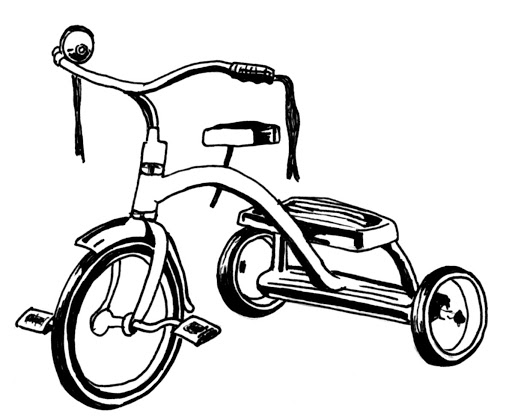CHARLESTON—Today I hiked into the woods to see a South Carolinaian salt marsh just outside of the city. And it’s stunning.
The cordgrass stretches backward to the barren horizon, poking from the saltwater like green whiskers. A white heron is hunting for breakfast.
And just when the scene couldn’t be more Carolinian, I see a bald eagle flying overhead.
The distant bird glides above the world, moving on an almost imperceptible air current, turning circles.
“You can tell it’s an eagle,” says John (age 11), pointing at the sky. “See how his wings are flat, instead of a V shape?”
John is wearing a sun hat,
a COVID mask, and gobs of sunscreen. He is a bird fanatic. He hands me his binoculars so I can watch the eagle ride the Atlantic breeze.
John goes on: “Most people see soaring birds and automatically think they’re eagles. But they’re usually vultures or some kinda other soaring bird. When you see a dihedral wing shape, it’s not an eagle.”
Dihedral? Who is this kid?
It's hard to believe bald
eagles almost disappeared from this earth. Especially since they’re the quintessential American symbol. But isn’t it always the same tragic story with us humans? Sometimes we ruin the things we love.
Over the years, hunters killed lots of bald eagles. Commercial pesticide usage killed even more. North Americans were wiping out bald eagles by the shipload.
By the 1970s there were an estimated 220 eagles left on the continent. And even worse, nobody could figure out what to do about it.
Zoologists started touring grade schools with bald eagles, simply so children could get a final glimpse of the national bird before the species vanished.
“Eagles are raptors,” says John. “They’re SUPER good at surviving. I’ve even seen them eat snakes before. I love it when they eat snakes.”
But eagles weren’t surviving. Fifty years ago there were only 13 pairs of…










